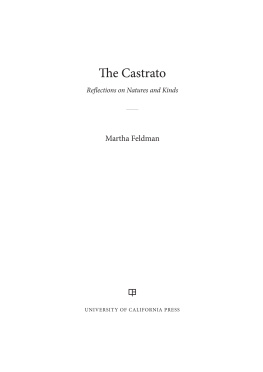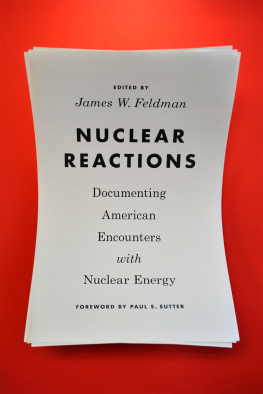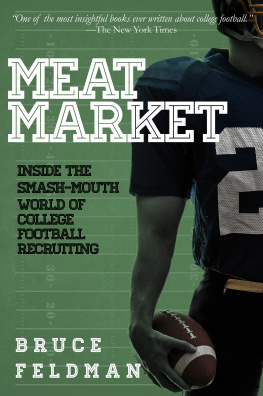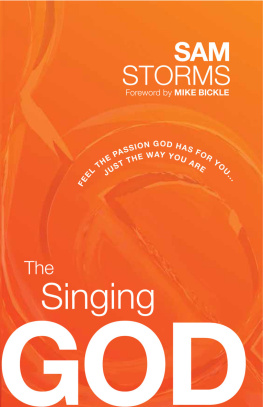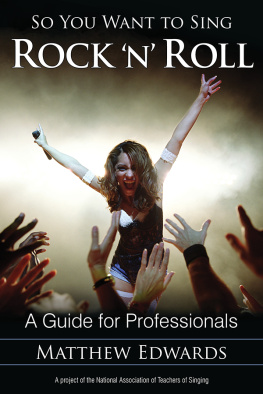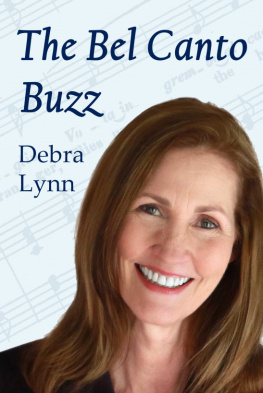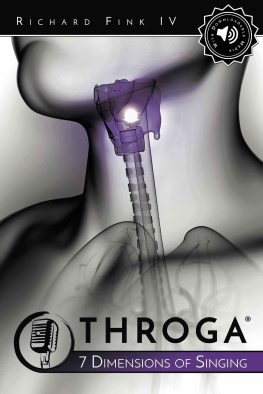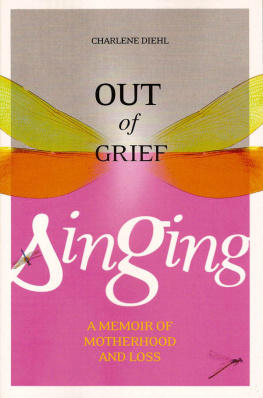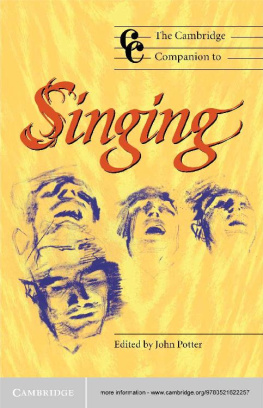The Ernest Bloch Professorship of Music and the Ernest Bloch Lectures were established at the University of California in 1962 in order to bring distinguished figures in music to the Berkeley campus from time to time. Made possible by the Jacob and Rosa Stern Musical Fund, the professorship was founded in memory of Ernest Bloch (18801959), the first beneficiary of the Stern Fund and Professor of Music at Berkeley from 1940 to 1952.
The publisher gratefully acknowledges the generous contribution to this book provided by the Humanities Visiting Committee of the University of Chicago and the Gustave Reese Endowment of the American Musicological Society, funded in part by the National Endowment for the Humanities and the Andrew W. Mellon Foundation.
The publisher also acknowledges the generous support of the Ahmanson Foundation Humanities Endowment Fund of the University of California Press Foundation.
The Castrato
Reflections on Natures and Kinds
Martha Feldman

UNIVERSITY OF CALIFORNIA PRESS
University of California Press, one of the most distinguished university presses in the United States, enriches lives around the world by advancing scholarship in the humanities, social sciences, and natural sciences. Its activities are supported by the UC Press Foundation and by philanthropic contributions from individuals and institutions. For more information, visit www.ucpress.edu.
University of California Press
Oakland, California
2015 by The Regents of the University of California
Library of Congress Cataloging-in-Publication Data
Feldman, Martha.
The castrato : reflections on natures and kinds / Martha Feldman
p. cm. (Ernest Bloch lectures)
Includes bibliographical references and index.
ISBN 978-0-520-27949-0 (cloth, alk. paper)
eISBN 978-0-520-96203-3
1. Castrati. I. Title.
ML 1460. F 45 2015
ML 1460. F 456dc232014011273
Manufactured in the United States of America
24 23 22 21 20 19 18 17 16 15
10 9 8 7 6 5 4 3 2 1
In keeping with a commitment to support environmentally responsible and sustainable printing practices, UC Press has printed this book on Natures Natural, a fiber that contains 30% post-consumer waste and meets the minimum requirements of ANSI/NISO Z 39.48-1992 ( R 1997) ( Permanence of Paper ).
like ghosts, like family, like angels, translucent and in-between.
For additional images and audio-visual materials, see the books website at http://www.ucpress.edu/go/castrato.
Castraporcelli, s.m.
Castraporci, s.m.
[che esercita larte di castrare] a gelder.
Castrare, to geld, to castrate, to cut. Castrare [lo ntaccare i mattoni e le castagne accio non iscoppino quando si metton nel fuoco per cuocerli] to cut . Castrare un libro [levarne qualche cosa] to castrate a book, to cut off something from it, to castrate some part of it.
Castrato, s.m. [castrone] a wether, a male sheep gelded. Castrato [carne di castrato] mutton.
Castrato, adj. gelded . Libro castrato, a castrated book.
GIUSEPPE MARCO ANTONIO BARETTI, DIZIONARIO DELLE LINGUE ITALIANE, ED INGLESE (VENICE, 1795)
CASTRATO , A musician, who in his infancy had been deprived of the organs of generation, for the sake of preserving a shrill voice, who sings that part called sophrano. However small the connection may appear between two such different organs, it is a certain fact that the mutilation of the one prevents and hinders in the other that change which is perceptible in mankind, near the advance of manhood, and which, on a sudden, lowers their voice an eighth. There exist in Italy, some inhuman fathers, who sacrificing nature to fortune, give up their children to this operation, for the amusement of voluptuous and cruel persons, who have the barbarity to require the exertion of voice which the unhappy wretches possess.
JEAN-JACQUES ROUSSEAU, THE COMPLETE DICTIONARY OF MUSIC (LONDON, [1779])
CONTENTS
PREFACE
During the centuries bracketed by around 1550 and the late nineteenth century many boys were castrated to be made into full-throated adult sopranos. The last one died in 1922. Nowadays we call these singers castrati (singular: castrato), though most often and more politely in their times they were called musici, eunuchi, cantori evirati, or simply soprani (musicians, eunuchs, emasculated singers, or sopranos). There was no one sort of castrato but irreducibly many different sorts joined by a few stubborn physiological and social facts. All of them shared the deformation of having been castrated testicularly before puberty, the hormonal effects of which were erratic across the population and the anatomical consequences thus highly variable. There were high sopranos, mezzos, and altos, strident voices and sweet ones, loud and mellow voices, more and less flexible throats, very tall men and very short, well- and ill-proportioned castrati, older ones beset by osteoporosis or melancholy and others not.
What was invariable was the high voice that resulted and that essentially remained so throughout life. Upon reaching maturity the voices of castrati were typically resonant, often strong, and often nimble owing to a combination of physical predisposition and intense, multifaceted musical training through which their bodies were radically disciplined. All this can be variously laid to account for the collective professional success of castrati over the long run, with a number of them also achieving high cultural capital in the form of prestige, fame, wealth, and social mobility. By the late seventeenth century the distinct musical legacy they left had an importance that is hard to overestimate. It is no exaggeration to say that the entire classical foundation of virtuosic solo singing in the West, sacred and secular, culminating in the early nineteenth-century singing associated nowadays with the

